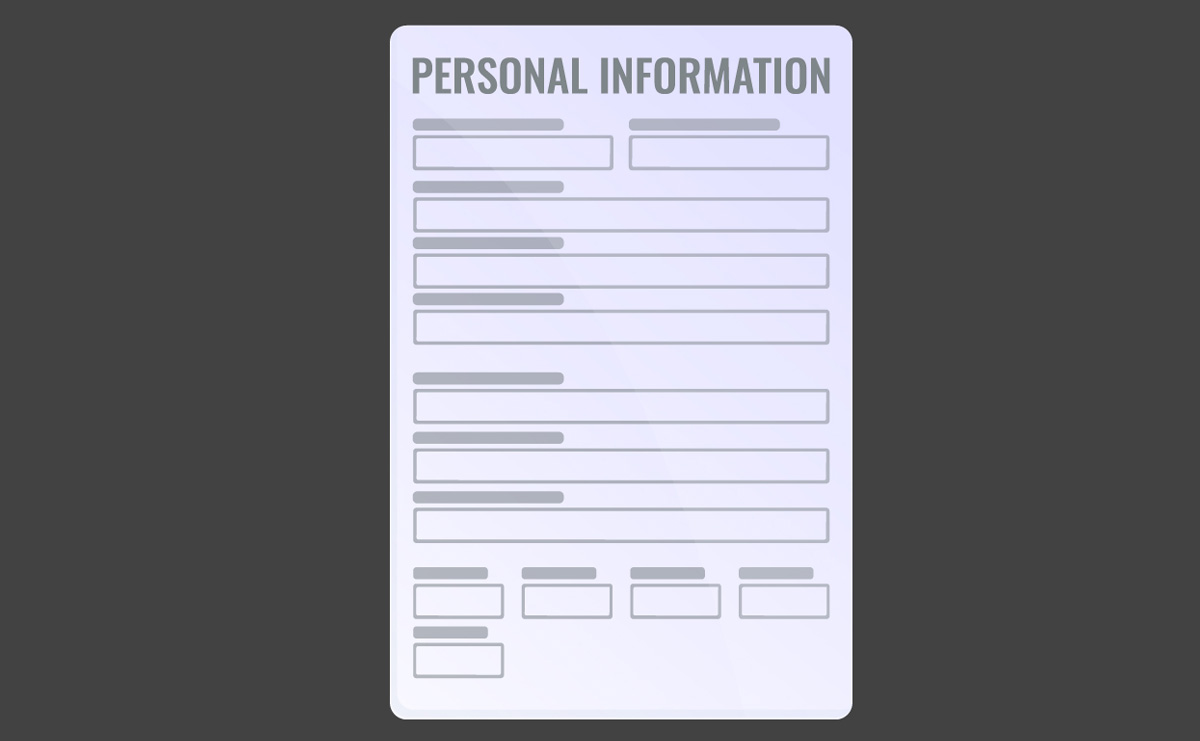Caveat
The term “caveat” is commonly used to indicate a warning or caution about something. It is derived from Latin and means “let him beware” or “may he beware.” In various contexts, a caveat is a statement that alerts someone to potential issues, limitations, or conditions related to a particular situation or information.
In legal documents and contracts, a caveat may be used to specify certain conditions, restrictions, or exceptions that apply to an agreement. It serves as a warning or notice to those involved that they should be aware of these specific points. In the context of wills and estates, a “caveat” can refer to a formal notice filed by a person or party to contest or object to the probate of a will. It signals a legal challenge to the validity of the will.
People may use the term “caveat” to introduce a cautionary statement or disclaimer in everyday communication. For example, someone might say, “I enjoyed the movie, but there’s a caveat: it has a lot of violence.”
In summary, “caveat” is a word that is used to alert individuals to potential issues, limitations, or conditions they should be aware of in various contexts, such as legal agreements, consumer transactions, and general communication. It serves as a reminder to exercise caution and consider certain factors before proceeding.



